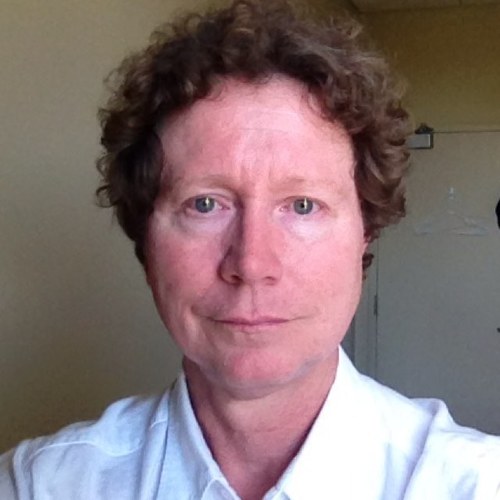A high school grad may walk into the University of Texas, but they will most likely leave with a degree that prepares them to do a very good job in a very small section of the total job market. Colleges are in the business of specializing students, but is that a good thing? Recently, there’s been a lot of buzz about a flaw in this model. In 15 years, work will no longer be through a silo. As machines do society’s mundane, repetitive tasks, humans are freed up to be creative and solve problems using soft-skills and holistic solutions.
Enter art, literature, design students. When they enter the workforce today, companies are noticing that their solutions offer interdisciplinary solutions. Creativity is driving innovation and giving companies a competitive edge. As HBR notes: “Companies with easy-to-use interfaces and intuitive functionality will win every time over companies that create any roadblock to using a product”. Designers would tell you that they’ve been saying that for years, decades, and they have. It’s only recently that we see a shifting in weight in big companies that reflect new emphasis on creative talent. Like IBM, who recently announced an effort to take its designer-to-engineer ratio from 1:20 to 1:15.
Steve Jobs in his 2005 Commencement Address at Stanford:
Reed College at that time offered perhaps the best calligraphy instruction in the country. Throughout the campus every poster, every label on every drawer, was beautifully hand calligraphed. Because I had dropped out and didn’t have to take the normal classes, I decided to take a calligraphy class to learn how to do this. I learned about serif and sans serif typefaces, about varying the amount of space between different letter combinations, about what makes great typography great. It was beautiful, historical, artistically subtle in a way that science can’t capture, and I found it fascinating.
None of this had even a hope of any practical application in my life. But 10 years later, when we were designing the first Macintosh computer, it all came back to me. And we designed it all into the Mac. It was the first computer with beautiful typography. If I had never dropped in on that single course in college, the Mac would have never had multiple typefaces or proportionally spaced fonts. And since Windows just copied the Mac, it’s likely that no personal computer would have them. If I had never dropped out, I would have never dropped in on this calligraphy class, and personal computers might not have the wonderful typography that they do. Of course it was impossible to connect the dots looking forward when I was in college. But it was very, very clear looking backward 10 years later.
Clearly, the importance of new, challenging educational experiences cannot be overstated.
As a business student, I don’t like to think that studying business is setting me up for failure in the business world, but I don’t think that any of us have to worry. It’s a small adjustment, but companies want to include creativity in their business, and students of business should look to their studies and find ways to incorporate more than one discipline into their scope of study. For me, I find that talking to students from the School of Humanities to be a treat; for me talking about music or literature is almost a break from the hard facts of Accounting 2302.
Recently, I’ve partnered with a graphic design student that wants to launch a product which formed from her senior design major assignment. I think that her sense of creativity and my business training are nice complements. Even if we don’t win, the knowledge that I create from our partnership will hopefully shape my approach to business problems for the rest of my career.





